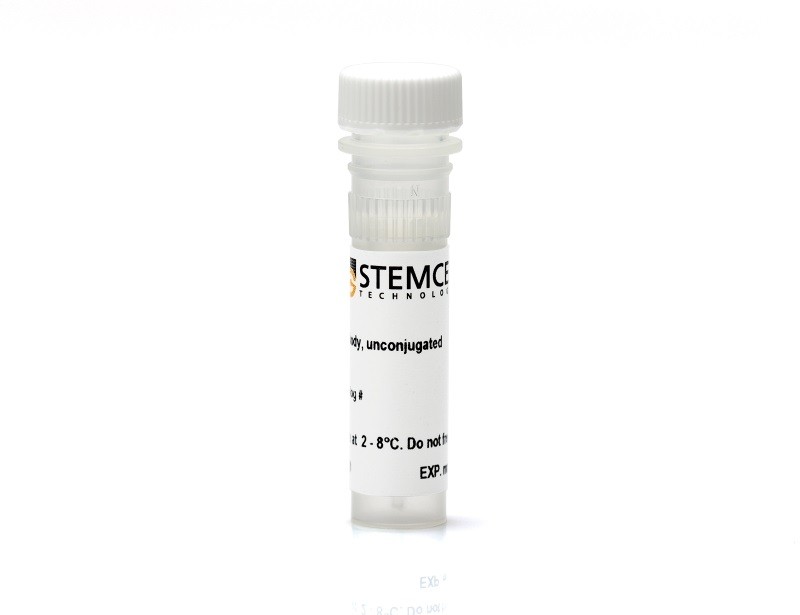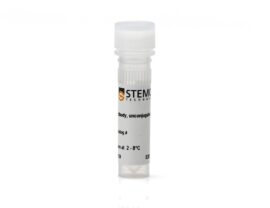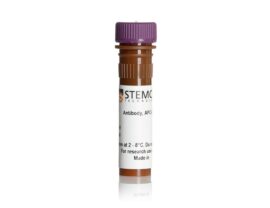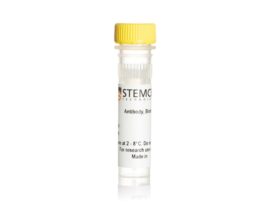

Overview
The 3C7 antibody reacts with murine CD25 (interleukin‐2 receptor α chain; IL‐2Rα), an ~55 kDa type 1 transmembrane glycoprotein expressed on the surface of T and B cell progenitors and activated mature B and T cells. CD25 has been used as a marker to identify CD4+/FoxP3+ regulatory T cells in mice. Mutations in CD25 result in severe immunodeficiency, underscoring the importance of the roles the protein plays in the differentiation, activation and proliferation of lymphocytes, and in the maintenance of self-tolerance. CD25 per se has low affinity for its IL-2 ligand but forms dimers with CD122 (IL-2Rβ) and CD132 (IL-2Rγ) that together associate to form the IL-2R receptor, which binds IL-2 with high affinity. CD25 acts to increase the specificity and affinity of IL-2 binding and is necessary for receptor clustering and signal transduction by the complex. Binding of the 3C7 antibody inhibits binding of IL‐2 to free CD25 and the IL-2R receptor. The epitope is distinct from those recognized by the anti-CD25 antibody clones 7D4 and PC61.
This antibody clone has been verified for purity assessments of cells isolated with EasySep™ kits, including EasySep™ Mouse T Cell Enrichment Kit.
Subtype: Primary Antibodies
Target Antigen: CD25
Alternative Names: IL-2Ralpha, Ly-43, p55, Tac
Reactive Species: Mouse
Conjugation: FITC; PE; Unconjugated
Host Species: Rat
Cell Type: T Cells; T Cells, Regulatory
Application: Cell Isolation; CyTOF; Flow Cytometry; Functional Assay; Immunohistochemistry
Area of Interest: Immunology
Clone: 3C7
Gene ID: 16184
Isotype: IgG2b, kappa








